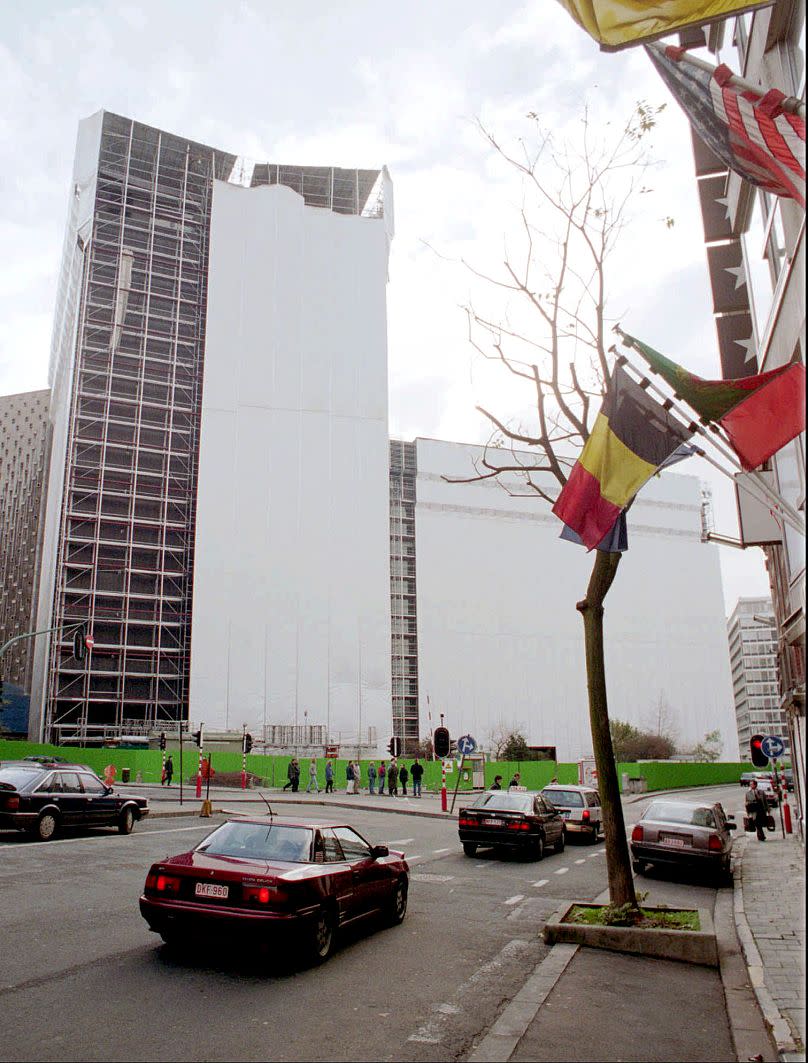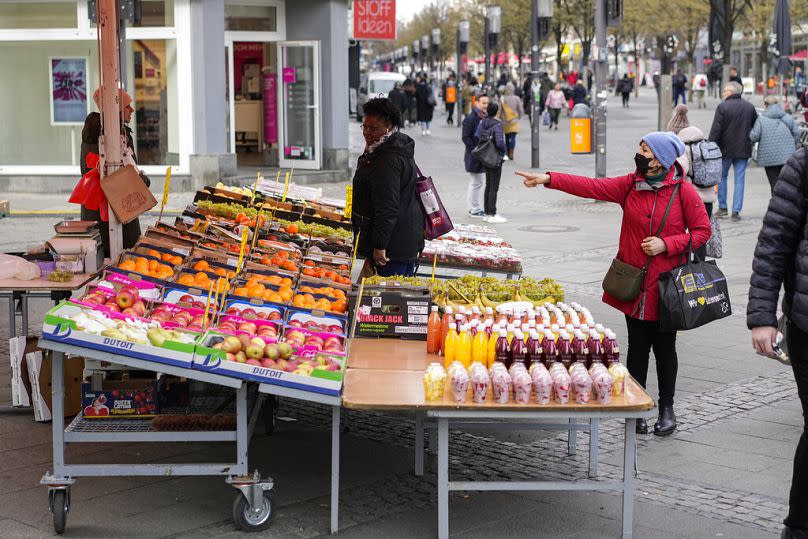In November 2023, despite strong opposition, the European Union extended authorization for the use of the toxic herbicide glyphosate by 10 years, now abandoning its green deal promise to reduce pesticide use by 50%.
The current situation with pesticides brings to mind the asbestos tragedy; There are many similarities, including a miscarriage of justice. In Europe, only one criminal case was heard in Italy in 2012.
That is why we, as managers of European partner health organizations and public health stakeholders, call for decisive action to defend the right to health and protect social protection systems.
We took action to stop the poisoning of workers exposed to asbestos in the 20th century. We advocated for victims so they could get the compensation they needed and deserved.
But all of these had to be avoided: although the toxicity of asbestos was identified in 1906, it was not banned in Europe until 2005. Despite the increasing number of scientific publications and hundreds of thousands of deaths, there was actually political denial for a full century.
Tragically, these poisonings and deaths continue today because asbestos is still widely available. The asbestos industry has lobbied hard to convince people that controlled use of this dangerous mineral is possible; This delayed the mineral’s eventual ban and the adoption of effective prevention rules.
It is estimated that between 4 and 7 million European workers are still exposed to asbestos on a daily basis.
Today we are launching an urgent call: let’s not make the same mistake with pesticides. Let’s not repeat the catastrophic approach that still causes more than 90,000 deaths and many cancers a year in Europe.
The asbestos tragedy and the current situation with pesticides have many of the same characteristics, and understanding them is vital if we are to avoid another disaster.
Initial fascination contributed to collective blindness
Asbestos has been presented as a magic mineral thanks to its many potential uses, from insulation to fire resistance.
The same was true of pesticides when they went into mass production in 1945: they were apparently miraculous new toys with amazing effects, giving us complete control over nature.
In 1943, industry insiders discovered that 80% of mice exposed to asbestos developed lung cancer, but they kept the results of these studies secret.

Multinational pesticide company Monsanto demonstrated the same cynical dishonesty in the late 1990s when it chose to suppress an internal research report revealing the genotoxicity of glyphosate-containing herbicides.
The apparent invisibility of work-related diseases is a normalization of job risks and their health consequences.
From the late 19th century onwards, laws regarding work accidents and occupational diseases meant that these could be viewed as “insurable risks” rather than hazards that needed to be eliminated. This situation is unacceptable.
Health warnings are ignored
Current political attitudes, which prefer to pay minimal compensation after the event, instead of making serious prevention efforts before the event, reflect the influence of lobbies at the highest level.
How can we justify the use of toxic pesticides in Europe when occupational diseases linked to pesticides (prostate, blood cancer and Parkinson’s disease) are both recognized and compensated for in France? This is the same instability in public health as we saw with asbestos in the 20th century.
It is impossible to ignore the parallels between the asbestos tragedy and today’s pesticide tragedy.


Scientific studies have revealed that pesticides are responsible for a 70% reduction in human spermatozoa numbers and the extinction of 80% of flying insect populations.
This is not a matter of human health on the one hand and healthy biodiversity on the other: in fact, our destinies are linked, and pesticides are disastrous for both.
Additionally, a 2019 ruling by the Court of Justice of the European Union shows that pesticides sold today do not comply with the law because their toxicity has never been properly assessed.
This is clear: We need to ban all synthetic pesticides and implement agroecological practices that improve health and nature as quickly as possible. What are the European Commission, the European Parliament and member states waiting for?
We’re better off without them
A new agricultural paradigm without pesticides will be healthier for ourselves, our farmers, and our climate.
We need to support our farmers logistically and financially as they determine this new route.
Our social protection systems cannot support the increasing number of diseases such as cancers and neurological disorders caused by hormonal and neurological disorders.
Pesticides made from petroleum and full of hidden poisons are partly to blame.
For the sake of our future, we must learn from the asbestos tragedy of the past.
Agnieszka Basińska is Director of the Joint Charity Association “Flandria” in Poland; Francis Balay is President of Alternative Mutualiste in France; and Xavier Brenez is Managing Director of Mutualités Libres in Belgium. A total of 40 organizations representing more than 20 million Europeans from three European countries have signed this column together.
At Euronews, we believe that all opinions are important. Contact us at view@euronews.com to send your suggestions or pitches and be part of the conversation.